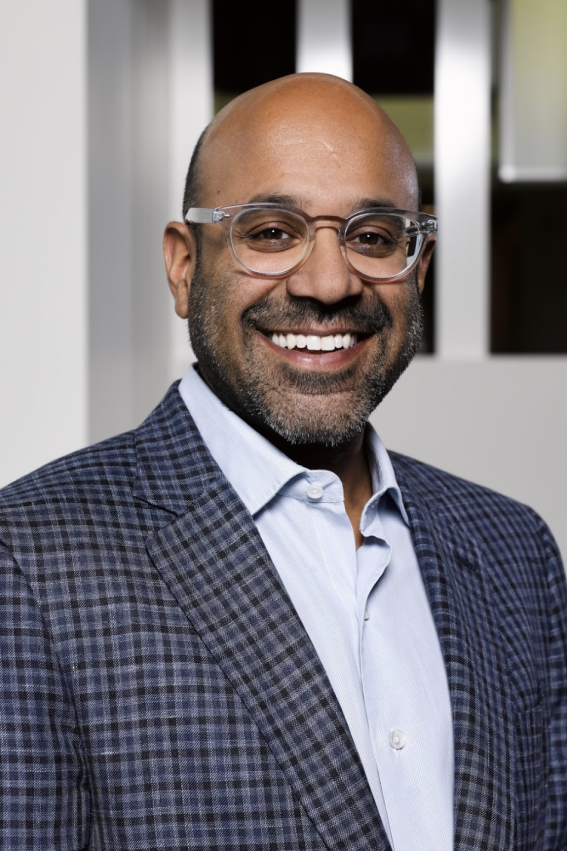Wayfair CEO Tells Isenberg Students About Running a Company During a Pandemic
November 27, 2020


Founded in 2002 by Shah and his business partner, Steve Conine, Boston-based Wayfair is America’s largest online retailer of furniture and household goods. In 2019, the e-company’s total revenues exceeded $2.5 billion. Because consumers are spending so much time at home, they are buying more home furnishings and buying them online, Shah told the students. Much of that growth is here to stay, he emphasized. “It doesn’t totally go back; it has been pushed forward,” he said.
Adaptation and Collaboration
Shah’s own team is included in the ranks of people spending lots of extra time in their houses—earlier this year, 7,000 Wayfair employees migrated from their offices to work at home. “Our folks figured out how to make things work; many of them were already used to [remote] tools,” noted Shah.

“Tech is becoming more endemic in how people work,” Shah remarked. Videoconferencing and innovative analytical tools that allow for precise measurement of markets and performance are driving greater collaboration and market intelligence. That’s light years beyond Wayfair’s early reliance on Google Search. “We’ve had to learn how to collaborate nontraditionally,” he told the students. A related challenge, he said, is how to hire virtually. “We’re doing that with speed and effectiveness.” One best practice, he added, is conducting early interview rounds virtually and later rounds in person.
Extensive marketing is critical in making the most of customer demand, Shah continued. “We have lots of new customers but repeat sales grow faster.” You have to offer the right selection of merchandise along with shopping convenience, he said. And you need to optimize your supply chain. That entails streamlining and merging many disparate activities. “We’ve experienced transportation disruptions and bottlenecks and shored up carriers and delivery,” he observed. “We also share our [market] forecasts, which span four to eighteen months, with our partners. That gives them a better handle on what demand to expect; it helps them with inventory.”
Shah highlighted the benefits of Wayfair’s flexibility as a company, and his own comfort with experimentation. “The richest learning follows when things don’t work,” he advised. “It’s what you do with the experience.” In baseball, he added, a batting average of four hundred is extraordinary, but still indicates that you’ve failed to reach base more than you’ve gotten on. [In your careers], “you have to ask yourself, what’s really a good batting average? Shah also underscored the importance of two ingredients for success: “really enjoying what you’re doing and being good at it.” You must have both, he said. “Neither is good alone.”